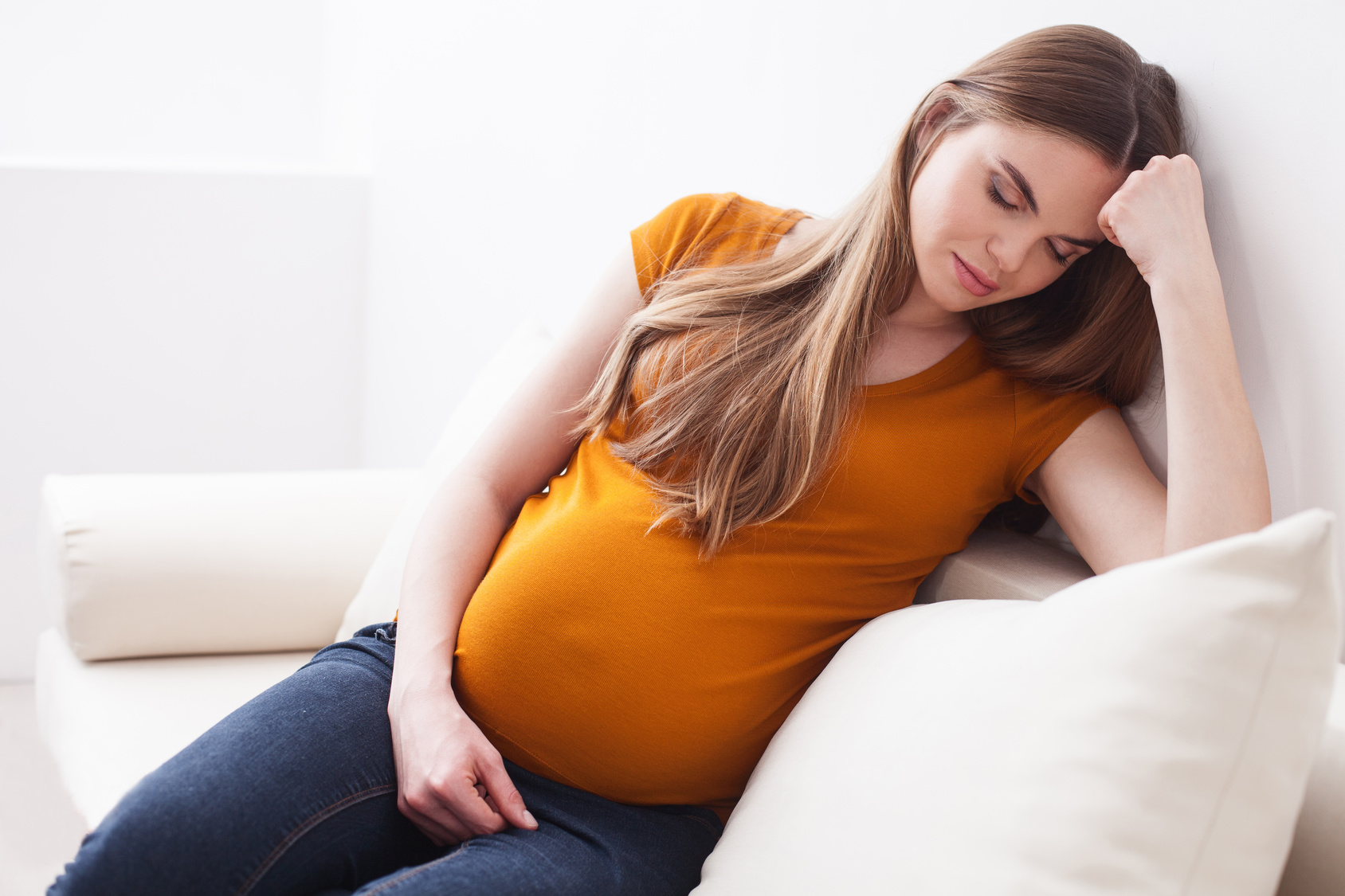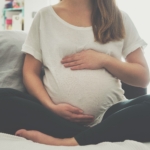We have an abundance of articles which address the impact of psychotropic medications on pregnancy. Much less research, however, has focused on how pregnancy may affect how these medications work. Physiologic changes take place during pregnancy which may affect the absorption, distribution, metabolism, and elimination of medications. These pharmacokinetic changes may result in lower (or higher) psychotropic drug levels and, in some cases, loss of clinical effectiveness or increased risk of toxicity.
While some medications are effective across a relatively wide range of doses, lithium has a relatively narrow therapeutic range. During pregnancy, levels of lithium may be affected by several different mechanisms. Increased glomerular filtration and increased fluid volume may reduce lithium levels during pregnancy At delivery, vascular volume rapidly decreases and lithium clearance precipitously decreases to pre-pregnancy levels, which may cause lithium levels to rise.
While we have long been aware of these pharmacokinetic changes, we do not have clear guidelines regarding lithium dosing during pregnancy and the postpartum period. A recent study from Wesseloo and colleagues looks at lithium levels in a cohort of pregnant and postpartum women and, based on these findings, makes some recommendations regarding the dosing of lithium in this population.
In this retrospective observational cohort study, lithium blood levels were obtained from 113 pregnancies of 89 women receiving lithium treatment during pregnancy and the postpartum period. Lithium blood levels decreased during the first trimester (-24%, 95% CI -15 to -35), reached their lowest levels during the second trimester (-36%, 95% CI -27 to -47), and then increased slightly during the third trimester (-21%, 95% CI -13 to -30). Delivery itself did not result in an acute change in lithium levels; however, lithium levels were slightly increased, as compared to first trimester levels, during the postpartum period (+9%, 95% CI +2 to +15).
Five women relapsed during pregnancy despite maintenance of lithium. Three of these women had subtherapeutic lithium levels (0.41, 0.36 and 0.31mmol/L, respectively), one woman discontinued lithium, and one woman relapsed without a recent lithium blood level. In addition, five women relapsed during the postpartum period; one had a subtherapeutic lithium blood level (0.55 mmol/L), and the remaining four women had therapeutic lithium levels (0.88, 0.82, 0.76 and 0.74 mmol/L, respectively)
Lithium Dosing Recommendations
Because lithium levels fall so significantly during the first and second trimesters, the authors recommend that lithium levels should be monitored frequently (for example, once every 3 weeks) until 34 weeks of pregnancy, and then at least once weekly until delivery. The dose of lithium should be adjusted based on the patient’s preconception history of lithium response and so that the levels are maintained within the therapeutic blood range. It is therefore important to obtain preconception lithium levels in order to guide dosing adjustments during pregnancy and the postpartum period.
Twice-daily lithium dosing may help to minimize peak lithium blood levels and reduce risk for side effects. Simultaneous monitoring of creatinine levels may help to distinguish changes in renal function from medication non-adherence in the setting of changes in lithium blood levels.
While some have previously suggested decreasing or even discontinuing lithium treatment at the onset of labor to minimize the risk of toxicity associated with changes in fluid volume after delivery and rapidly increasing lithium levels, this study indicates that delivery is not associated with a dramatic increase in lithium levels. This strategy may help to reduce lithium levels in the newborn; however, it may increase the mother’s risk for relapse during a period of extremely high risk. Instead the authors recommend careful lithium blood level monitoring instead of discontinuation in this setting. In addition, they note that medications (including non-steroidal anti-inflammatory drugs, such as ibuprofen) that are known to increase lithium blood levels should be avoided.
In addition, the authors recommend that, because women with bipolar disorder carry an exceptionally high risk for relapse in the immediate postpartum period, prophylactic treatment with lithium should be administered with a higher lithium target level (for example > 0.8 mmol/L) during the first month postpartum. They note that normalization of renal function may take up to a few weeks after delivery; thus, they recommend more frequent monitoring (twice weekly) of lithium blood levels during the first 2 weeks postpartum.
Ruta Nonacs, Md PhD
Lithium dosing strategies during pregnancy and the postpartum period. Wesseloo R, Wierdsma AI, van Kamp IL, Munk-Olsen T, Hoogendijk WJG, Kushner SA, Bergink V. Br J Psychiatry. 2017 Jul;211(1):31-36.








Leave A Comment